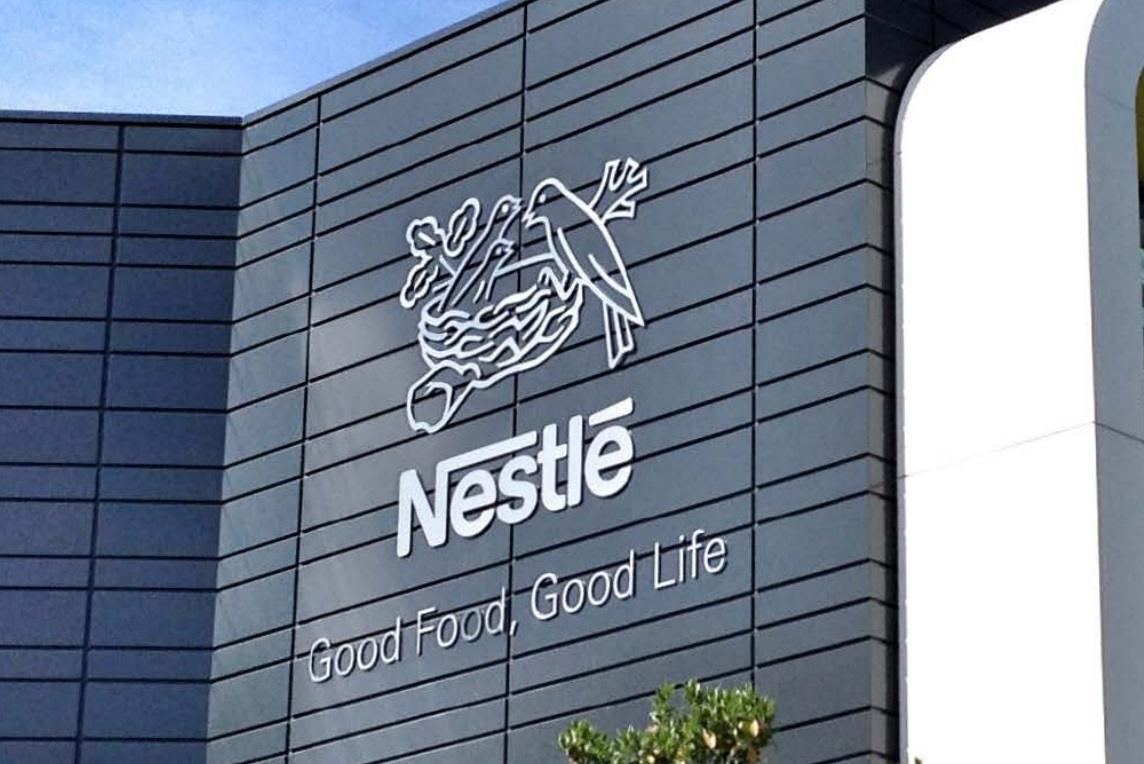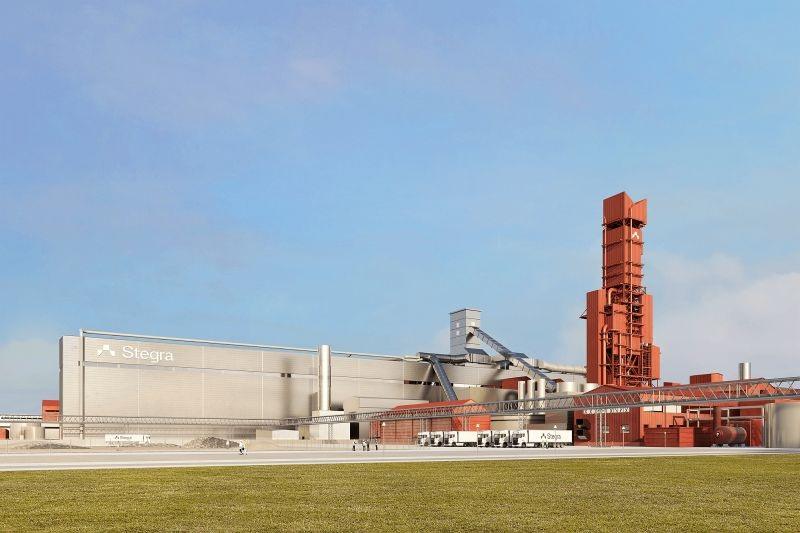Nestlé, ofi Launch Project to Reduce Emissions and Deforestation from Cocoa Supply Chain
Global food and beverage company Nestlé and ingredients supplier ofi (olam food ingredients) announced the launch of a new joint cocoa agroforestry partnership, targeting regenerative farming practices to reduce carbon emissions and combat deforestation.
Singapore-based ofi is one of the world’s largest suppliers of food ingredients, and has collaborated with Nestle over the past fifteen years to produce sustainable cocoa. Home to chocolate brands including Kit Kat and Nesquick, Nestlé is one the world’s largest corporate cocoa consumers, sourcing roughly 430,000 tons per year, with much of the supply coming from Ghana and the Ivory Coast.
In this new effort, already underway, the companies will work with approximately 25,000 farmers across Brazil, Ivory Coast, and Nigeria to convert their farms to agroforestry, a land management practice that integrates trees with pastures and crop lands, and implement crop residue management. Key components of the program include training farmers on climate-smart agricultural practices and wider environmental and sustainability issues.
Andrew Brooks, Global Head of Cocoa Sustainability at ofi, said:
“We are thrilled to partner with Nestlé on this global climate action initiative. Together, we’re addressing climate challenges, by putting farmers at the center of the solution. Collaborating closely with cocoa communities, we can support farmers in adapting and mitigating climate change and help strengthen the supply of sustainable cocoa ingredients.”
The firms also aim to plant over 2.8 million trees and cultivate more than 72,000 hectares (about 178,000 acres) of agroforestry as part of a transition to regenerative agriculture. Participating farmers will also receive financial rewards for planting and maintaining forest trees.
The firms estimate that these efforts will cut more than 1.5 million tons of CO2 over the next 30 years.
Nestlé announced a commitment in 2019 to achieve net zero greenhouse gas (GHG) emissions by 2050, and in 2020 the company published its “time bound plan” to reach its climate goals, which also include targets to achieve a 20% emissions reduction by 2025 and 50% by 2030. According to the company’s net zero roadmap sourcing of ingredients accounts for more than 70% of Nestlé’s greenhouse gas emissions footprint, with around 25% – 35% of total ingredient emissions caused by the conversion of natural landscapes. The company’s plans to address agricultural emissions includes avoiding and eliminating deforestation, natural habitat conservation, and planting hundreds of millions of trees to support agroforestry and reforestation.
Darrell High, Cocoa Plan Manager at Nestlé, said:
“People are at the heart of our climate actions. We’re working with ofi to help farmers transition to climate-smart farming practices. By supporting a move towards a more regenerative food system, we can continue to build a more responsible cocoa supply chain and progress towards our shared climate goals for 2030 and beyond.”






